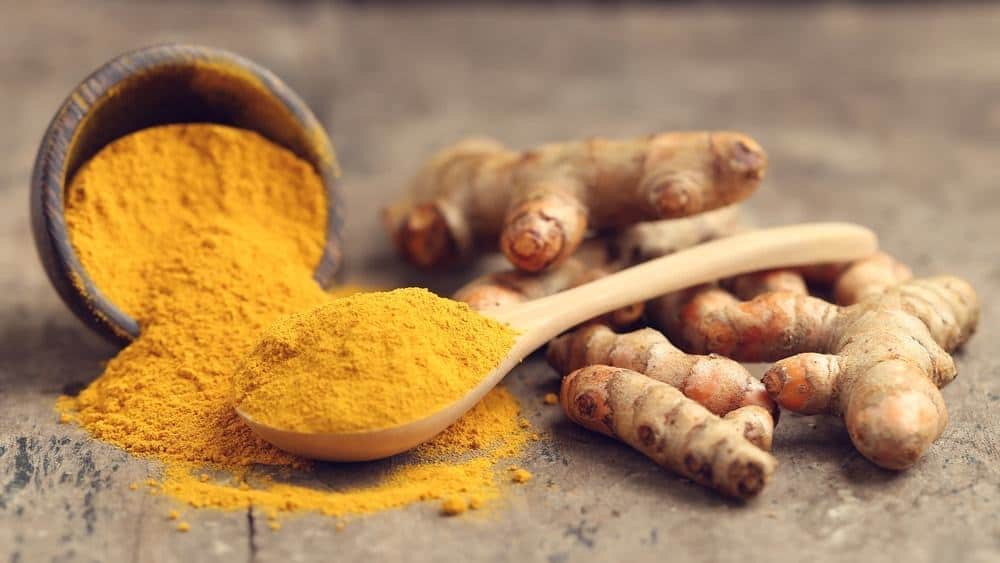“This post contains affiliate links, and I will be compensated if you make a purchase after clicking on my links.”

Just like humans, our dogs can experience canine arthritis – a condition that occurs in canines and is characterized by inflammation and painful joints. Just like us, when our dogs do not have the right nutrition or are just simply growing old, the soft tissues that cover their bones called “cartilage” become weak due to degeneration and natural tear.
Other reasons include immune system problems, genetic inheritance, ligament and muscle injury, infection, or obesity.
It’s not that difficult to detect whether your beloved dog has arthritis or not. Often times, limping, signs of discomfort, often lying down, hesitation to perform activities and stiffness are observed.
It’s not fun for us dog-owners to see our dogs in pain. Often times, we spend a lot of money on vet fees to get them treatment. For canine arthritis, surgery is one line of treatment you can opt for. Though expensive, it will be the best form of treatment if your dog’s arthritis has become severe.
For those who prefer a non-surgical route, there are also a few other treatments you can choose from. I myself chose this as surgical treatments for my dogs are way too expensive. You can administer your dogs some painkillers, steroidal medication, and encourage them to exercise to help manage their weight. For those who believe on alternative medicine, there is turmeric curcumin.

Curcumin is a spice from native Asia. Though used in most cooking today, it was traditionally used as medicine. It has anti-inflammatory effects, is rich in antioxidant, has anti-cancer, anti-allergies, and anti-microbial properties.
The important active component in curcumin that treats arthritis is called turmeric. This is what you need for your dog.
Here are reasons why curcumin works to manage pain and heal your dogs. Though most studies are directed to human arthritis, it doesn’t change its pharmacological properties – which suggests that it can be used to dogs and other animals too.
Has Anti-inflammatory and Anti-Arthritic Properties
It synthesizes and inhibits the production of inflammatory chemicals. It also regulates the “nuclear factor – kappa B”, an important protein in sparking inflammation, and it also inhibits the migration of immune cells to the injury site.
There are also studies that prove that the effects of turmeric on inflammation is better than the usual pain killer you give to your dogs.
Regulates and inhibits COX enzymes
Curcumin is proven to regulate cyclooxygenase and lipoxygenase enzymes. These enzymes are responsible for curbing and preventing inflammation and the spread of the disease.
Protects The Cartilage and Inhibits Metalloproteinase Matrix
Metalloproteinase Matrix is a protein that supports cartilage degradation and inflammation. Turmeric can effectively inhibit its activity to protect your dog’s bone cells.
Influences Bone Development
When inflammation happens on the bones and joints, your cells are technically attacking chondrocytes – cells responsible for developing bones. These cells are needed to help regenerate the healthy statues of their joints. Curcumin can also protect the chondrocytes from inflammation because it can support the development of osteoblasts from stem cells.
Modulates the Immune System
Curcumin can help reduce pro-inflammatory chemicals like interleukin. In turn, giving your dogs turmeric curcumin can help modulate their immune responses and keep the inflammation at bay.
Turmeric with Glucosamine Promotes Bone Cells
Some turmeric supplements that you can buy in local stores already contain glucosamine. This is obtained from the external covering of prawns, lobsters and crabs. Glucosamine mixed with curcumin can effectively treat the pain caused by canine arthritis.
It’s easy to say and claim that one way of treatment is effective. I was a skeptic at first, but there was no other choice for me and my family because the vet bills had become overwhelmingly high. By researching and reading turmeric curcumin reviews explaining how curcumin works with them, I finally gave in to the idea and it worked wonders for us. I hope this article helps you and your dog in some way.

Katrina Rice is a mom and a freelance writer and has two 11-year-old golden labs. She strongly believes in the concept of holistic wellness through healthy and natural living, travelling and immersing one’s self in new activities. An animal-lover and a self-proclaimed health enthusiast, she hopes to inspire more people to do the same.













Ann Morris
Jun 2, 2017 at 8:54 pm
How much Tumeric/Curcumin should you give your dog? Should you wait for problems or start like in puppy stage for prevention. Do you give it daily? Does it do the same for humans?
Susan McLin
Jul 21, 2017 at 12:50 am
I would like to know the answers to the questions in the previous reply.